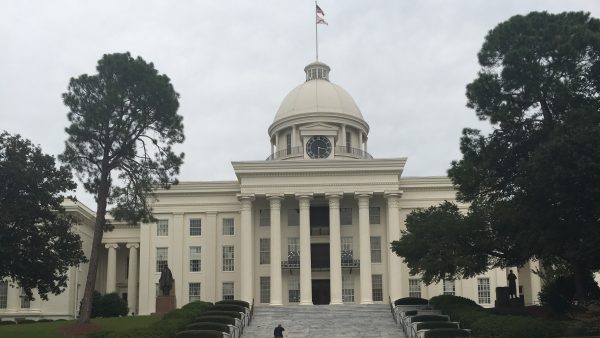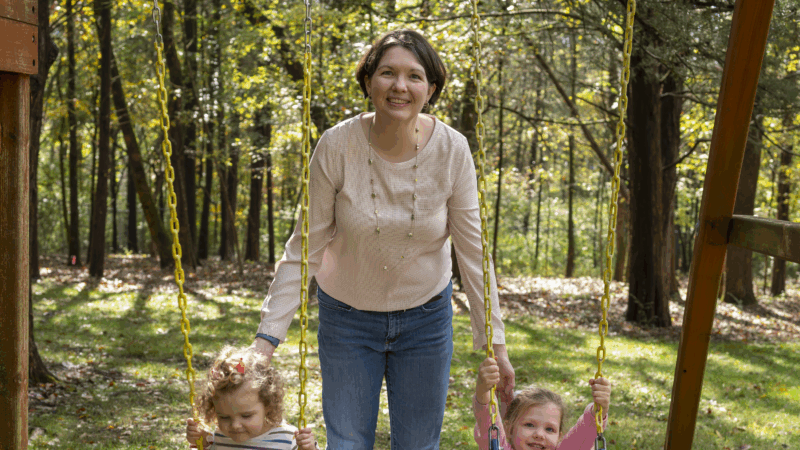The job market is showing signs of weakness as Trump’s tariffs take effect
The job market weakened sharply during the late spring and early summer as President Trump’s tariffs began to take effect.
U.S. employers added just 73,000 jobs in July, according to a report Friday from the Labor Department, while job gains for May and June were largely erased. The unemployment rate inched up to 4.2%.
Health care was one of the few sectors with solid job growth last month. The federal government shed 12,000 jobs in July and has lost some 84,000 workers since the beginning of the year. Tens of thousands of additional federal workers have taken buyouts but are still counted as employed through the end of September.
Tariff uncertainty hits manufacturing
Factories shed 11,000 jobs in July. Domestic manufacturers are supposed to be the beneficiaries of the president’s trade policies. But factory managers complain that uncertainty over import taxes has depressed orders and other activity. The federal government has been charging a 10% tax on nearly everything the U.S. imports since April, and higher tariffs are set to take effect on many goods next week.
“These tariff wars are beginning to wear us out,” one anonymous factory manager said in a survey released Friday by the Institute for Supply Management. “There is zero clarity about the future, and it’s been a difficult few months trying to figure out where everything is going to land and the impact on our business. So far, tremendous and unexpected costs have been incurred.”
The unemployment rate rose in July even as nearly 40,000 people dropped out of the workforce. The share of adults who are working or looking for work has fallen by half a percent in the last year.
The weakness in the job market is likely to amplify calls for the Federal Reserve to lower interest rates. The central bank held rates steady earlier this week, out of concern that rising tariffs would put more upward pressure on prices.
Despite the slowdown in hiring, wages continue to climb. Average wages in July were up 3.9% from a year ago, which is likely more than enough to outpace inflation.
The 2026 Alabama legislative session begins Tuesday
State lawmakers will return to Montgomery Tuesday to kick off the 2026 legislative session. It's the final session for Gov. Kay Ivey. It also comes against the backdrop of statewide elections this fall. For a look ahead to what to expect this session we turn to Todd Stacy, host of Capital Journal on Alabama Public Television.
Who are the figure skaters representing Team USA? Key names and backstories to know
Sixteen U.S. figure skaters are competing in all four Olympic disciplines: men's, women's, pairs and ice dance. The team includes a mix of seasoned vets, world champions and rising stars.
How IVF has led to a record number of single moms in their 40s
Who gets to be a parent has been reshaped by IVF: Single women in their 40s are increasingly opting to become moms.
Exercise is as effective as medication in treating depression, study finds
New research shows exercise is as effective as medication at reducing symptoms of depression. And you don't need to run a marathon to see benefits. So how much is enough?
Marrying for health insurance? The ACA cost crisis forces some drastic choices
While Congress debates bringing back Affordable Care Act subsidies , many Americans have already made life-altering decisions to afford health care.
Celebrities wear pins protesting ICE at the Golden Globes
Some celebrities donned anti-ICE pins at the Golden Globes on Sunday in tribute to Renee Good, who was shot and killed by an Immigration and Customs Enforcement officer last week in Minneapolis.








